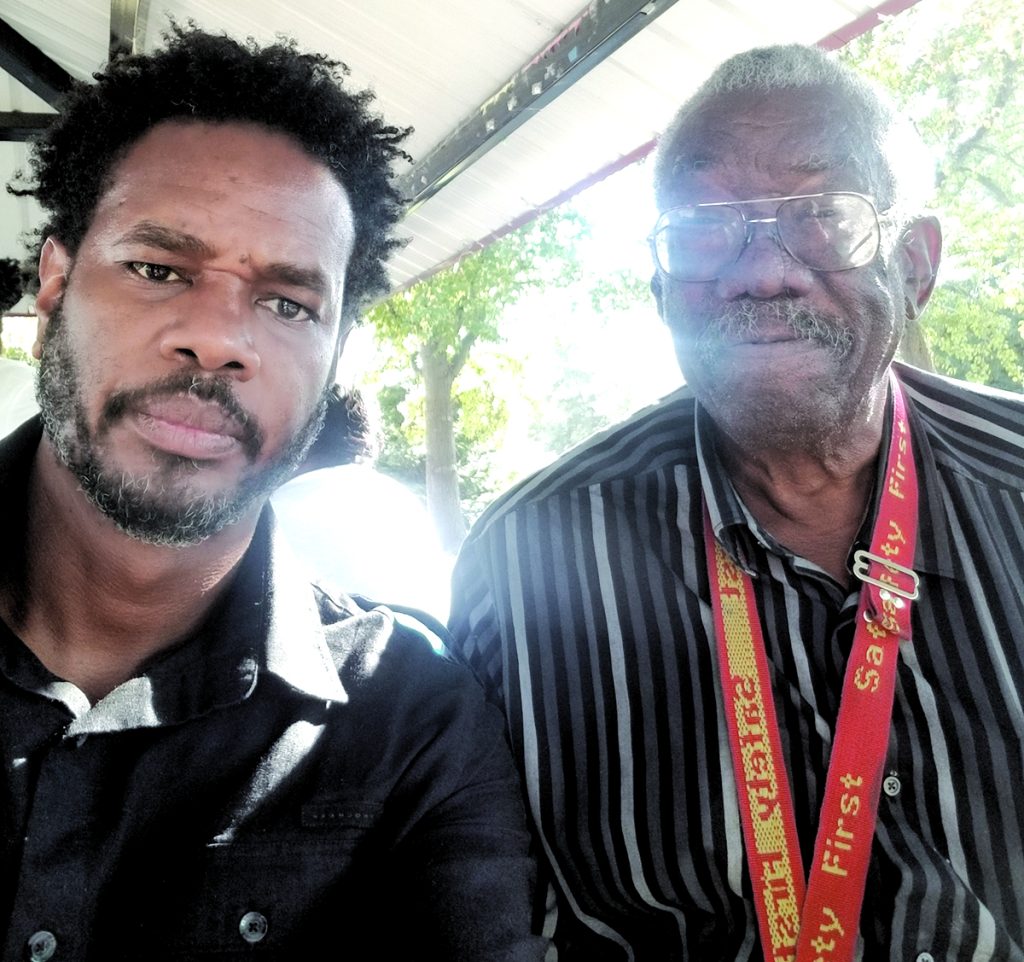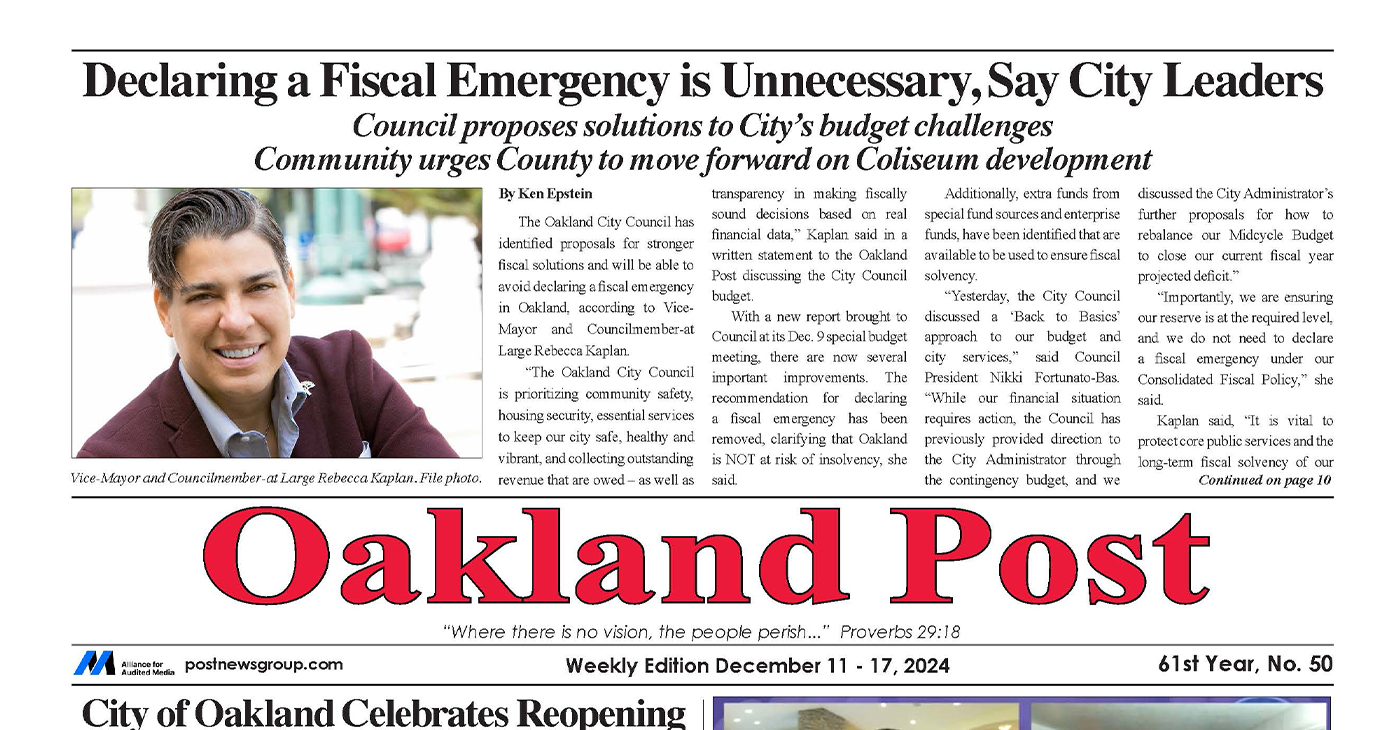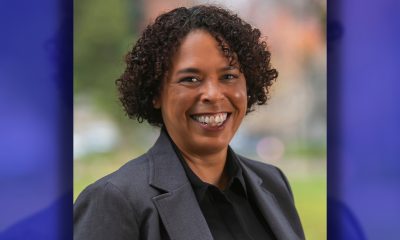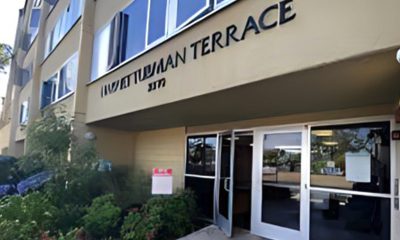Opinion
City Agency Set to Seize Black Veteran’s Home
“The legal system needs to protect the interests of this Black family facing unwarranted debt.”
The City of Berkeley is campaigning right now to drive Leonard Powell, a 76-year-old Black veteran, and his family out of their home at 1911 Harmon St. in south Berkeley.
This family has lived there for 44 years and owned the house free and clear. By a legal process called receivership, the city has succeeded in placing Mr. Powell in a financial position beyond his means, in order for him to lose the house to foreclosure or sale.
Receivership means that the house, after it is found to be in violation of the city’s housing code, is placed under the control of a “receiver,” who then takes over the job of repairing the house.
Where initial estimates of repair expenses were around $200,000, the receiver has racked up expenses of $700,000, a debt which ultimately falls on Powell’s shoulders.
Right now, the case is in Superior Court, and the judge has demanded that Powell come up with the full amount right away. Clearly, he is acting to protect the interest of the receiver, who is white.
This writer would ask that the legal system be as diligent in protecting the interests of the Black family facing an unwarranted debt. This kind of thing has happened to other families. It has also been accomplished through Probate Court, as well as through receivership. But Mr. Powell’s case is instructive.
It occurred through three stages. And it is important to note that at no time did Mr. Powell object to doing the repairs on his house. He simply asked the city for assistance and negotiation, which the city subtly declined.

Leonard Powell (right) with one of his relatives.
First, there was a police raid on the house, ostensibly to arrest a person who didn’t live there. The entire raid was fake, reporting fabricated evidence, and no charges were ever filed. But it gave city officials a chance to inspect the house without prior notice.
The city knew Mr. Powell’s financial situation, and that he had family members in the house in ill health who depended on the house.
Second, though inspection found some 23 code violations, all were of housing maintenance. Mr. Powell was given deadlines, negotiation on those deadlines were refused, and missed deadlines allowed the city to label the house a public “nuisance.”
The label made the city’s desire for receivership stronger (though without evidence of any specific danger to the neighborhood).
Third, there is the receivership process. Mr. Powell opposed the house being placed under receivership in court declarations, but his objections were ignored.
The city’s petition was granted, and a white man appointed as receiver to repair the violations. The receiver then violated his mandate by having his contractor reconstruct the house rather than simply repair the code violations.
This is what tripled his expenses, and tripled the debt placed on Mr. Powell. The receiver admitted, in a report that in shifting the work on the house from repairs to reconstruction, he was following city directions.
The receiver must have sensed a vulnerability, because he has asked the judge to get full payment from Mr. Powell immediately, and the judge has done so.
Leonard Powell’s case is scheduled to be heard Monday, Dec. 17, 10:30 a.m., at Alameda County Superior Court, Second Floor, Room 511, 24405 Amador St., Hayward. For more information or to support Mr. Powell, contact Friends of Adeline at (510) 338-7843 or friendsofadeline@gmail.com
Activism
Oakland Post: Week of December 11 – 17, 2024
The printed Weekly Edition of the Oakland Post: Week of December 11 – 17, 2024

To enlarge your view of this issue, use the slider, magnifying glass icon or full page icon in the lower right corner of the browser window. ![]()
Activism
Oakland Post: Week of December 4 – 10, 2024
The printed Weekly Edition of the Oakland Post: Week of December 4 – 10, 2024, 2024

To enlarge your view of this issue, use the slider, magnifying glass icon or full page icon in the lower right corner of the browser window. ![]()
Activism
COMMENTARY: PEN Oakland Entices: When the News is Bad, Try Poetry
Strongman politics is not for the weak. Here in the U.S., Donald Trump is testing how strongman politics could work in the world’s model democracy.

By Emil Guillermo
As the world falls apart, you need more poetry in your life.
I was convinced on Tuesday when a weak and unpopular president of South Korea — a free nation U.S. ally — tried to save himself by declaring martial law.
Was it a stunt? Maybe. But indicative of the South Korean president’s weakness, almost immediately, the parliament there voted down his declaration.
The takeaway: in politics, nothing quite works like it used to.
Strongman politics is not for the weak. Here in the U.S., Donald Trump is testing how strongman politics could work in the world’s model democracy.
Right now, we need more than a prayer.
NEWS ANTIDOTE? LITERATURE
As we prepare for another Trump administration, my advice: Take a deep breath, and read more poetry, essays and novels.
From “Poetry, Essays and Novels,” the acronym PEN is derived.
Which ones to read?
Register (tickets are limited) to join Tennessee Reed and myself as we host PEN OAKLAND’s award ceremony this Saturday on Zoom, in association with the Oakland Public Library.
Find out about what’s worth a read from local artists and writers like Cheryl Fabio, Jack Foley, Maw Shein Win, and Lucille Lang Day.
Hear from award winning writers like Henry Threadgill, Brent Hayes Edwards and Airea D. Matthews.
PEN Oakland is the local branch of the national PEN. Co-founded by the renowned Oakland writer, playwright, poet and novelist Ishmael Reed, Oakland PEN is special because it is a leader in fighting to include multicultural voices.
Reed is still writing. So is his wife Carla Blank, whose title essay in the new book, “A Jew in Ramallah, And Other Essays,” (Baraka Books), provides an artist’s perspective on the conflict in Gaza.
Of all Reed’s work, it’s his poetry that I’ve found the most musical and inspiring.
It’s made me start writing and enjoying poetry more intentionally. This year, I was named poet laureate of my small San Joaquin rural town.
Now as a member of Oakland PEN, I can say, yes, I have written poetry and essays, but not a novel. One man shows I’ve written, so I have my own sub-group. My acronym: Oakland PEOMS.
Reed’s most recent book of poetry, “Why the Black Hole Sings the Blues, Poems 2007-2020” is one of my favorites. One poem especially captures the emerging xenophobia of the day. I offer you the first stanza of “The Banishment.”
We don’t want you here
Your crops grow better than ours
We don’t want you here
You’re not one of our kind
We’ll drive you out
As thou you were never here
Your names, family, and history
We’ll make them all disappear.
There’s more. But that stanza captures the anxiety many of us feel from the threat of mass deportations. The poem was written more than four years ago during the first Trump administration.
We’ve lived through all this before. And survived.
The news sometimes lulls us into acquiescence, but poetry strikes at the heart and forces us to see and feel more clearly.
About the Author
Emil Guillermo is a journalist and commentator. Join him at www.patreon.com/emilamok
-

 Activism4 weeks ago
Activism4 weeks agoOakland Post: Week of November 20 – 26, 2024
-

 California Black Media3 weeks ago
California Black Media3 weeks agoCalifornia to Offer $43.7 Million in Federal Grants to Combat Hate Crimes
-

 Activism4 weeks ago
Activism4 weeks agoAn Inside Look into How San Francisco Analyzes Homeless Encampments
-

 Black History3 weeks ago
Black History3 weeks agoEmeline King: A Trailblazer in the Automotive Industry
-

 California Black Media3 weeks ago
California Black Media3 weeks agoCalifornia Department of Aging Offers Free Resources for Family Caregivers in November
-

 California Black Media3 weeks ago
California Black Media3 weeks agoGov. Newsom Goes to Washington to Advocate for California Priorities
-

 Activism3 weeks ago
Activism3 weeks agoOCCUR Hosts “Faith Forward” Conference in Oakland
-

 #NNPA BlackPress4 weeks ago
#NNPA BlackPress4 weeks agoPRESS ROOM: Clyburn, Pressley, Scanlon, Colleagues Urge Biden to Use Clemency Power to Address Mass Incarceration Before Leaving Office


























































